There is less than a week left before the fate of Australia's Aboriginal and Torres Strait Islander Voice to Parliament referendum is sealed.
As early voting opened in the ACT, The Canberra Times hit the streets of Gungahlin and Hall to gauge the mood.
Voters in Gungahlin
Michael Ryan, 24, was having some screen time to himself on a park bench in Gungahlin Square. He had voted early because it was his only free day. He would be busy working until October 14.
Mr Ryan said he voted "yes" for the sole reason Indigenous people deserved a chance to be heard.
"I know it might not go through or anything but you're at least giving them an opportunity," he said.
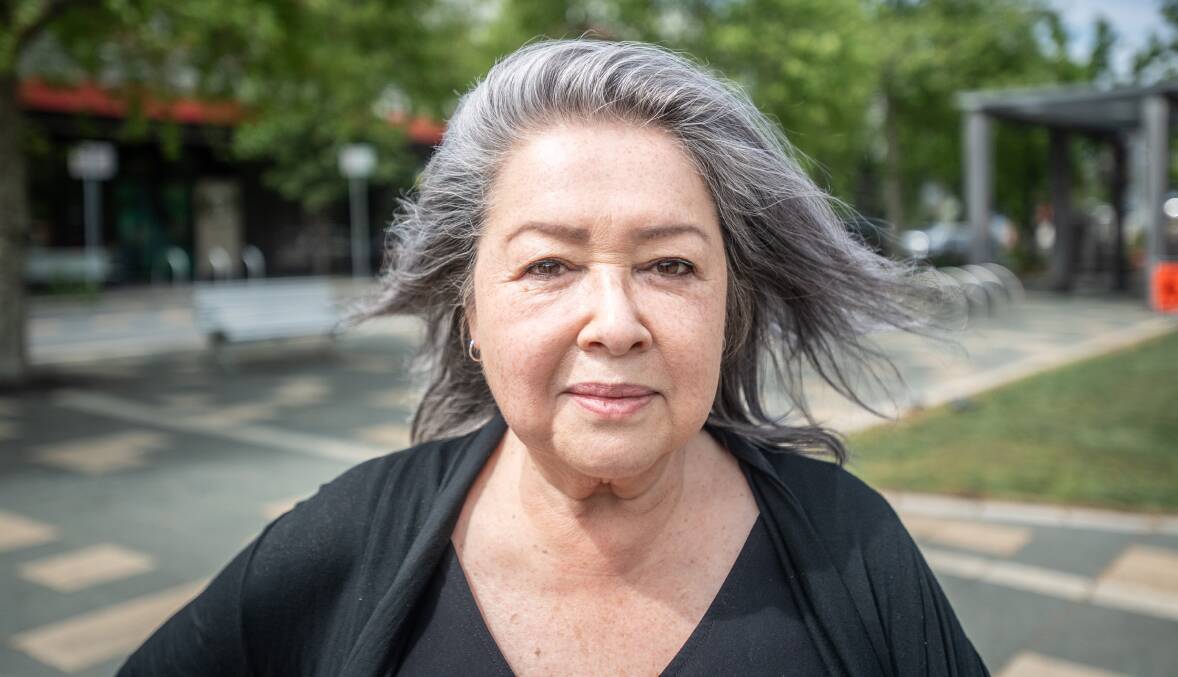
Jacqui Holguin, on her way out of the shops, said an Indigenous Voice to Parliament was "long overdue". She was in disbelief over the debate and said if "it was the other way around", people wouldn't stand for it.
Ms Holguin said she voted "yes" because she her gut said it was the "right thing" to do.
"[Aboriginal and Torres Strait Islander people] were here first, what are we doing ... it's criminal" she said.
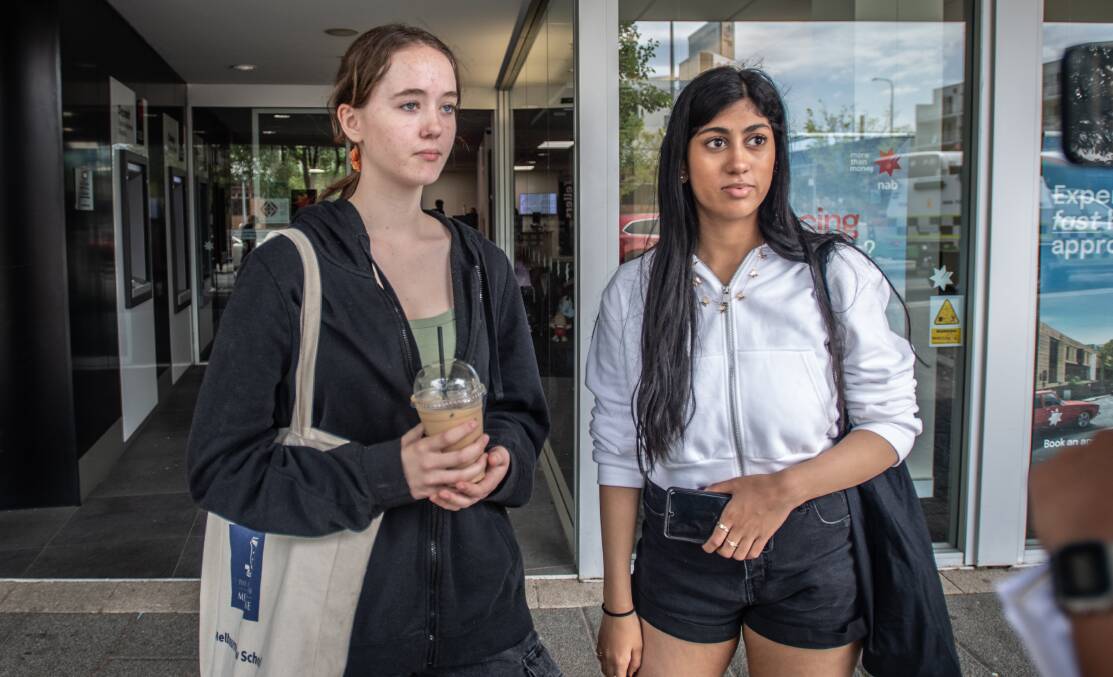
Caitlin Greenberger, 17, walked with her friend Ishani Bhole, 16, while sipping a cool drink.
They became enthusiastic when asked their views on the Voice. The pair strongly felt an Aboriginal and Torres Strait Islander advisory body was needed. The teenagers wished they were old enough to vote in this referendum.
"I would vote 'yes' because I believe that Indigenous peoples deserve a Voice to Parliament and recognition in the constitution," Ms Greenberger said.
"I agree," her friend said.
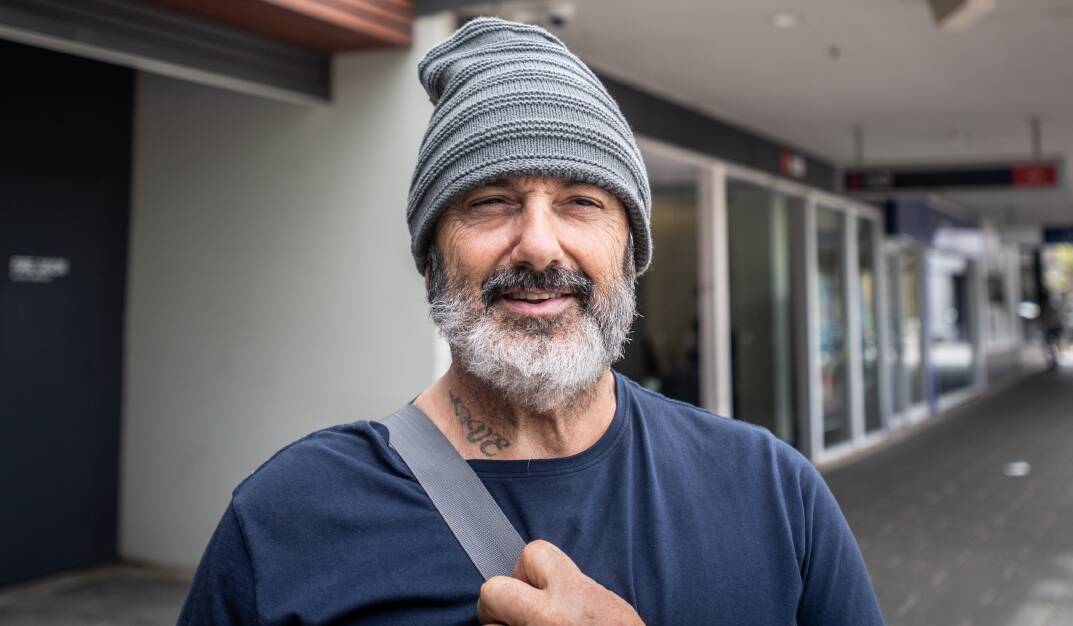
Paul Cavicchi was in Canberra visiting from Bega and had just cast his vote. He believed First Nations people should have a Voice and writing "yes" was a no-brainer.
"I think Aboriginal people ... are probably more entitled to have that voice then than us, really," he said.
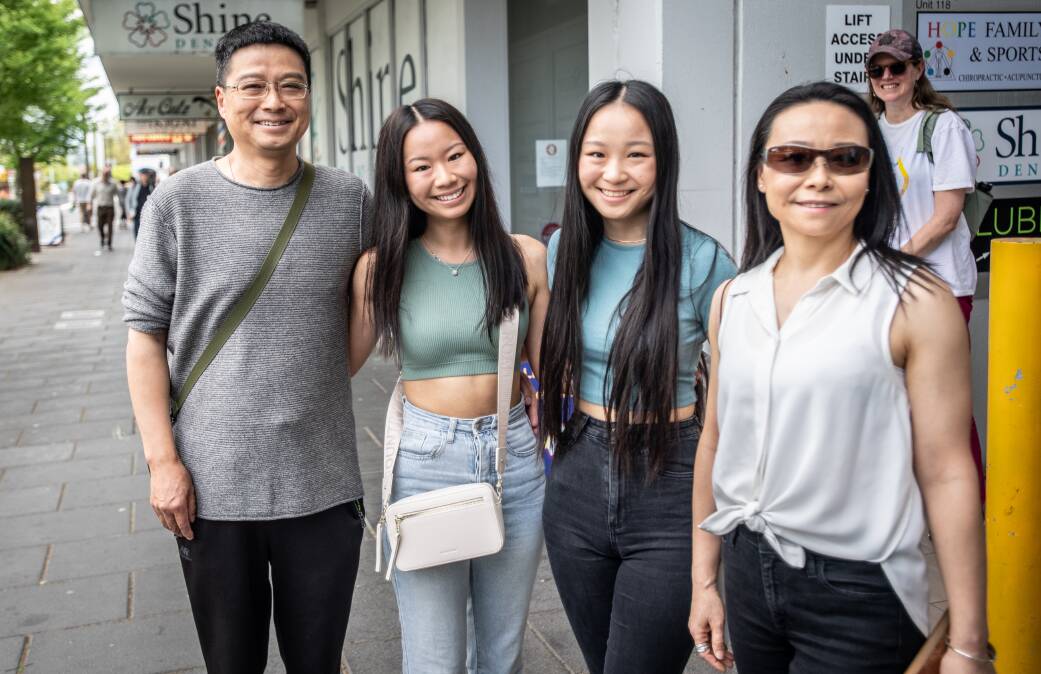
Yichen Li, 21, and her family walked out after voting at Gungahlin Square. All four of them were in high spirits after voting for an Indigenous Voice to Parliament. The family nominated their eldest daughter to share why they voted "yes".
Ms Li said her family believed Aboriginal people must be recognised in the country's constitution and voting to establish an advisory body was the "perfect way" to do so.
"It's pretty simple," Ms Li said.
A father who had just finish voting, was running late for his son's haircut appointment, and didn't want to be named. He said he voted "yes" because he wanted "Black people to be recognised".
Voters in Hall
Over in Canberra's far north-west, sitting at the border of the ACT and NSW, passersby and entrepreneurs on Hall's Victoria Street had a variety of opinions. Hall is the ACT's only village and has a population of 298, the latest census said.
Macgregor resident Chris Cashmore, who was visiting Hall, said he would be voting "no" because he did not know enough about the Voice and wanted more details about the proposed advisory body.
"You can't vote for something and be told the full policy afterwards. What's the point of that?," Mr Cashmore said.

Soon-to-be-grandmother Annette Stevens had not yet cast her ballot and said she was unsure about her vote.
She said she was not given enough information and was leaning towards "no". She said she had only heard from "yes" campaigners on TV, on the radio and on social media.
Ms Stevens wanted to know more about the "no" side. She said she needed more pamphlets and people talking about the "no" vote and less people talking about the "yes" vote.
She was also worried about how much money the government had spent on this referendum.
"How is [the Voice] actually going to help Indigenous Australians? That's what I would like to know," she said.
Tradesperson Kieran Carson said he would be voting "yes" because he thought the country needed to be more inclusive.
He said: "If we can all just be united and be closer, then [the Voice] can only be a positive."
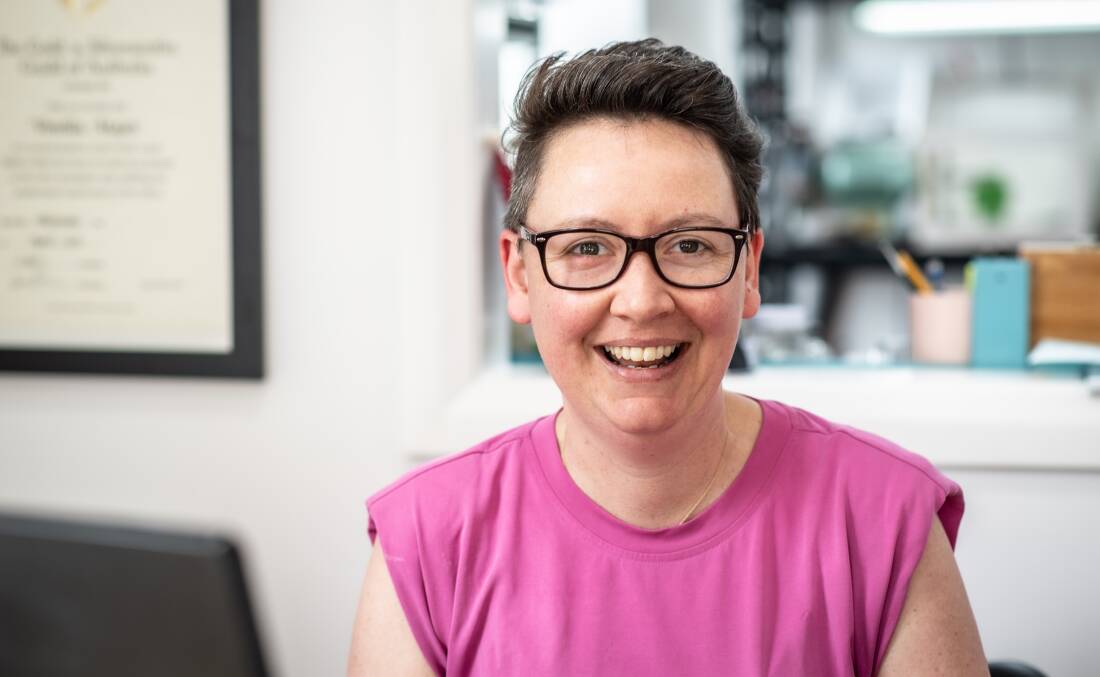
Jeweller Venetia Major and her husband Jack Heath were both voting "yes" to the Voice.
"Who am I to deny such a simple request?" Ms Major said.
Her partner felt there was no two-ways about it. Mr Heath firmly believed if the 1901 referendum, when Australia's six British colonies combined, had recognised Aboriginal and Torres Strait Islander people in the constitution then there would have been no Stolen Generations.
"We can't fix the past but we can prevent similar injustices in the future," he said.
A man on Hall's Victoria Street, who wanted to remain anonymous, said his family, friends and everyone he knew was voting "no". He did not give a reason. Another voter said it was "a big fat no" as he walked past with his dog.
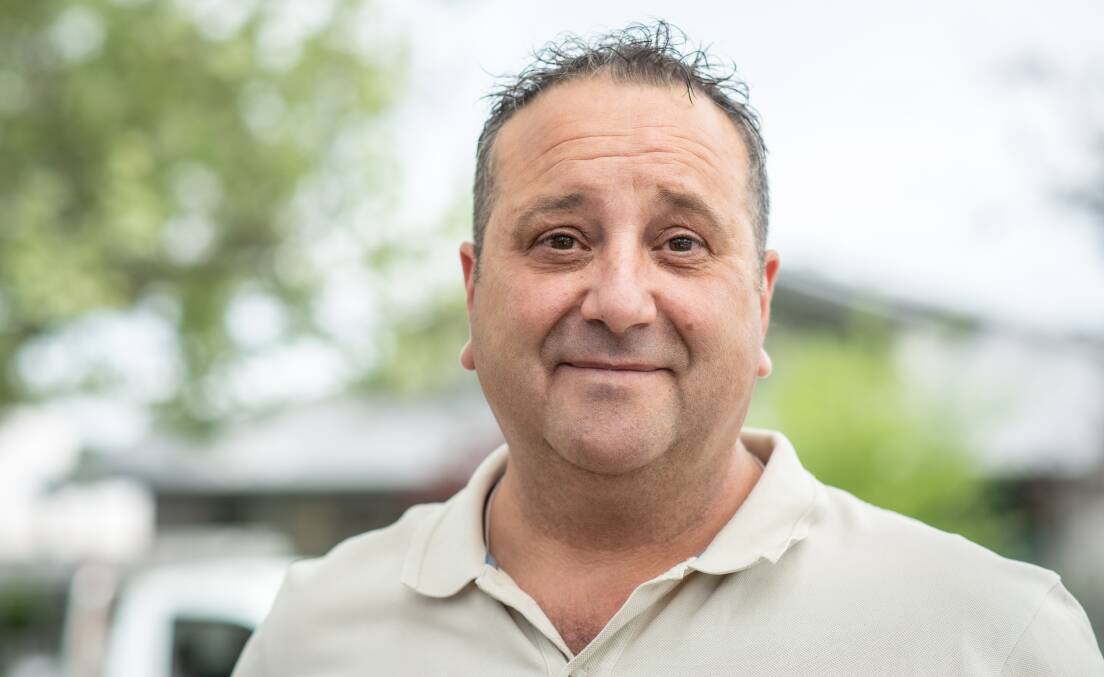
But there were still some undecided voters.
Tony Kovac intended to vote "yes" - for now - while he gathered more news about what the Voice meant. He was "quite confused" when he heard of Indigenous people saying "no" and having disagreements within their families.
"I only want to know what's best for this country and the people ... so I don't know if it's going to be a solid 'yes'," Mr Kovac said.







